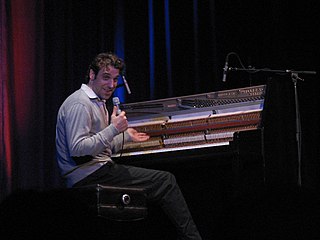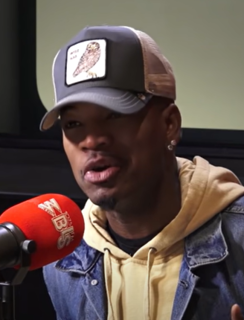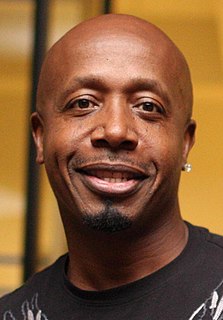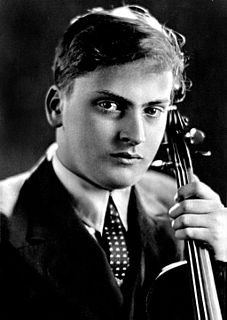A Quote by Charlie Parker
Music is basically melody, harmony, and rhythm. But people can do much more with music than that. It can be very descriptive in all kinds of ways, all walks of life.
Related Quotes
It [music] has an awakening function. Life is a rhythm. Art is an organization of rhythms. Music is a fundamental art that touches our will system. In Schopenhauer's The World as Will and Idea he speaks of music as the sound that awakens the will. The rhythm of the music awakens certain life rhythms, ways of living and experiencing life. So it's an awakener of life.
Chance the Rapper: if you listen to his narrative and the subject matter he covers in his music, you can see that he's strong, courageous and shows vulnerability. He asks some very poignant questions in his music and is still very melodic. The harmony and the melody of the music allows you to also come in closer.
Each individual composes the music of his own life. If he injures another, he brings disharmony. When his sphere is disturbed, he is disturbed himself, and there is a discord in the melody of his life. If he can quicken the feeling of another to joy or to gratitude, by that much he adds to his own life; he becomes himself by that much more alive. Whether conscious of it or not, his thought is affected for the better by the joy or gratitude of another, and his power and vitality increase thereby, and the music of his life grows more in harmony.
Pop music, which I deeply admire and wish I could play better than I can, is based on expressing one mood, one feeling at a time. Classical music is by its very nature involved with different kinds of music, constantly transforming one another, which is more akin to the way our experience of life really is.
The white music was melodic and pretty, and you had beautiful women's voices like Gogi Grant and even the Andrews Sisters. Then I went directly to rhythm and blues, which had beautiful voices but not much melody in particular and pretty much the same chord pattern. I loved it, I was entrenched in it, but then folk music came in the middle of that for me, and made its own path. And it was part of the rebellion against bubblegum music, or music that is pretty but doesn't say anything.




































